
Ignacy Jan Paderewski was a Polish pianist, composer and statesman who was a spokesman for Polish independence. In 1919, he was the nation's prime minister and foreign minister during which he signed the Treaty of Versailles, which ended World War I.

Helena Modrzejewska, known professionally as Helena Modjeska, was a Polish actress who specialized in Shakespearean and tragic roles. She was successful first on the Polish stage. After emigrating to the United States, she also succeeded on stage in America and London. She is regarded as the greatest actress in the history of theatre in Poland.

Ralph Modjeski was a Polish-American civil engineer who achieved prominence as "America's greatest bridge builder."
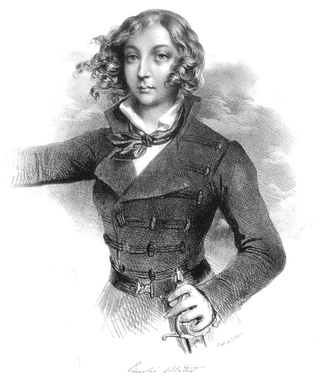
Countess Emilia Broel-Plater was a Polish–Lithuanian noblewoman and revolutionary from the lands of the partitioned Polish–Lithuanian Commonwealth. Raised in a patriotic tradition in Līksna near Daugavpils, she fought in the November Uprising of 1830–1831 against the Russian Empire. She raised a small unit, participated in several engagements in present-day Lithuania, and received the rank of captain in the Polish insurgent forces. When the main forces under the General Dezydery Chłapowski decided to cease fighting and cross into Prussia, Plater vowed to continue the fight and wanted to cross into Poland where the uprising was still ongoing. However, she fell ill and died.
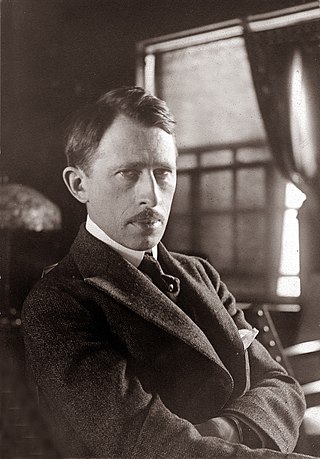
Władysław Teodor "W.T." Benda was a Polish painter, illustrator, and designer.

Sypniewski is a Polish surname centered on the Oder region where families bearing this surname are still found today. Sypniewskis can also be found all over the world, particularly in the United States, Brazil, and Germany.

The Polish Museum of America is located in West Town, in what had been the historical Polish Downtown neighborhood of Chicago. It is home to numerous Polish artifacts, artwork, and embroidered folk costumes in its growing collection. Founded in 1935, it is one of the oldest ethnic museums in the United States and a Core Member of the Chicago Cultural Alliance, a consortium of 25 ethnic museums and cultural centers in Chicago.

Modjeska House, also known as Arden, is a house designed by Stanford White in Modjeska Canyon, California. It is significant for being the only surviving home of Helena Modjeska, a Shakespearean actress and Polish patriot. The property is located in a live oak grove on the banks of Santiago Creek in Modjeska Canyon, California.
Maja Trochimczyk is an American music historian, writer and poet of Polish descent. She published six poetry books: Rose Always – A Love Story, 2017; Miriam's Iris, or Angels in the Garden, 2008; Slicing the Bread: Children's Survival Manual in 25 Poems ; Into Light: Poems and Incantations; The Rainy Bread – Poems from Exile,, 2016; an anthology Chopin with Cherries, 2010), and a multi-faith anthology Meditations on Divine Names.
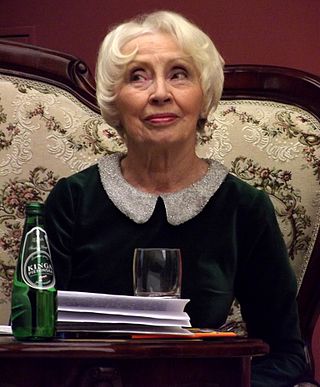
Anna Polony is a Polish actress and theatre director. She is former Prorector of the Academy of Dramatic Arts in Kraków. The media dubbed Polony 'the First Lady of Polish Theatre' or 'the Dame of the Polish Theatre".
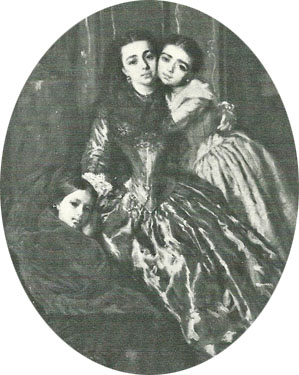
Leontyna Aniela Aszpergerowa, known professionally as Aniela Aszpergerowa, was a Polish stage actress who achieved wide fame in Poland and in the former Grand Duchy of Lithuania. She also took part in the January Uprising against Imperial Russia in 1863 and was sent to prison. Her great-grandson was John Gielgud.
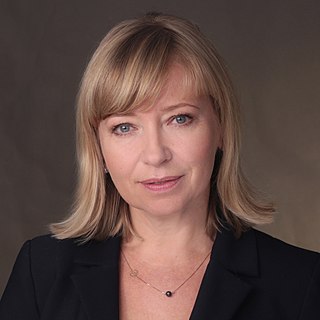
Dorota Segda in Kraków, Poland, is a Polish theatre, film and television actress. Besides acting, she is also a Professor of Theatre Arts, and the Rector since 2016, at the AST National Academy of Theatre Arts in Kraków. In 2015, she was awarded Poland's Silver Medal for Merit to Culture – Gloria Artis.

Wiktoryna Józefa Bakałowiczowa, née Szymanowska was a Polish theatre actress.
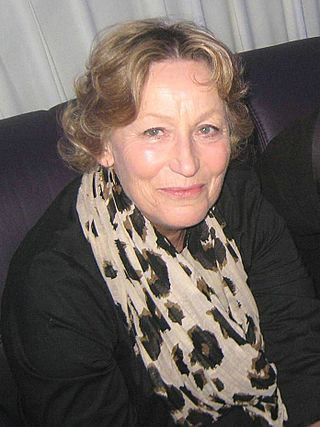
Teresa Budzisz-Krzyżanowska is a Polish stage and film actress. She appeared in more than forty films since 1972.
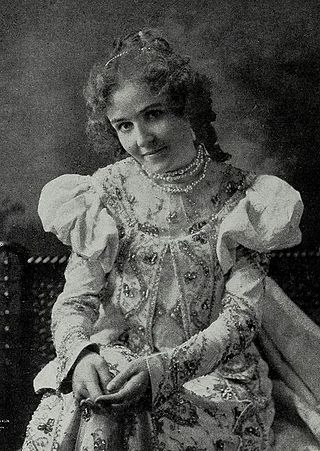
Maud Durbin was an American actress. She was the wife of actor Otis Skinner and the mother of actress and author Cornelia Otis Skinner.
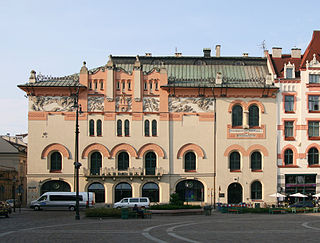
The Helena Modrzejewska National Old Theatre in Kraków is one of the oldest public stages in Poland and a national institution of culture, first opened in 1781. It was named after renowned Shakespearean actress Helena Modrzejewska.
Harry J. Sargent (1843-1896) was an American actor, magician, theatre manager and agent who promoted several female actors including Madame Modjeska, Hortense Rhéa, Madame Janauschek and Adelaide Moore. He also promoted a series of exhibition bouts between boxers John L. Sullivan and Billy Madden. His final years were spent in England where he died in poverty.

Antonina Hoffmann was a Polish theatre actress and a leading representative of the so-called 'Kraków School' of acting introduced by Stanisław Koźmian. Her acting career spanned five decades during the Victorian era.

Beth Holmgren is an American literary critic and a cultural historian in Polish and Russian studies. She is Professor and Chair of the Department of Slavic and Eurasian Studies at Duke University. Recognised for her scholarship in Russian women's studies and Polish cultural history, she is as of July 2018 working on a multicultural history of fin-de-siecle Warsaw. Before coming to Duke, she taught at the University of California-San Diego (1987-1993) and the University of North Carolina at Chapel Hill (1993-2007). She earned her B.A at Grinnell College, and two master's degrees and and her doctoral doctorate at Harvard University.

Helena Maria Paderewska was a Polish social activist who helped found the Polish White Cross society during World War I, and also is known as the second wife and partial biographer of Polish patriot, prime minister and musician Ignacy Jan Paderewski.


















